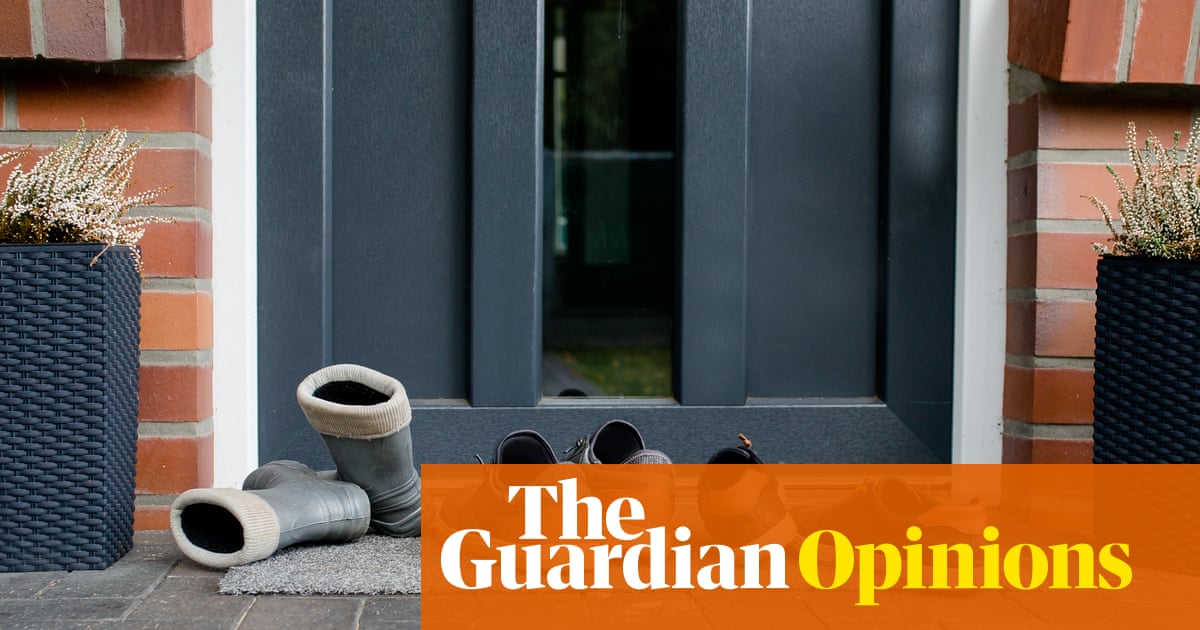It is a truth almost universally unacknowledged in the UK that wearing shoes in the home is gross. More than gross, actually – there’s scientific evidence it could have serious health consequences and even, if you want to come over all dramatic about it, be life-threatening. And yet I can count on the fingers of no hands the people I know who ask me to remove my shoes when I visit.
Until now this has been an uncomplicatedly divisive subject: you were either a Shoes Off household, or you weren’t. But a secret underground movement is gathering pace – the Shoes On households who wish they were Shoes Off, but are worried about the uptight implications of rolling out that policy. Can you be a Shoes Off household while avoiding Shoes Off household energy?
The Shoes Off brigade get a bad rap, given that they’re essentially right – outdoor shoes carry bacteria, allergens and toxic chemicals that could lead toE coli, MRSA or various deadly bloodstream infections. You’re glazing over, aren’t you? Maybe this will grab your attention: 96% of shoes tested positive for coliform bacteria, which is commonly found in faecal matter, in aUniversity of Arizona study. Everyone will presumably now try to convince themselves they’re in the 4% club but although maths is far from my strong point, I’m fairly sure we can’t all be. In other words, we’d apparently rather let our friends track crap all over our homes than demand they go shoe-free, because that seems so control-freaky and joyless.
The other problem with Shoes Off households is that most of them don’t give you advance warning, meaning you could end up barefoot in public without the maintenance essential for that to be a mutually non-horrifying experience – or wearing your worst socks. Your shoes might be the key element that ties your whole look together, so you’re a fashion disaster without them. Also, Shoes Off households can’t win with their implementation methods. If they offer communal slippers, yuck. If they don’t, eeek.
What Shoes Off households need is a rebrand, for somebody seen as fun and relaxed, but trustworthy, to out themselves as one of them. It’s a tall order, because it would have to be exactly the right person, universally adored, no less than national treasure status for sure. No pressure, Olivia Colman, but our lives are in your hands.
Polly Hudson is a freelance writer
